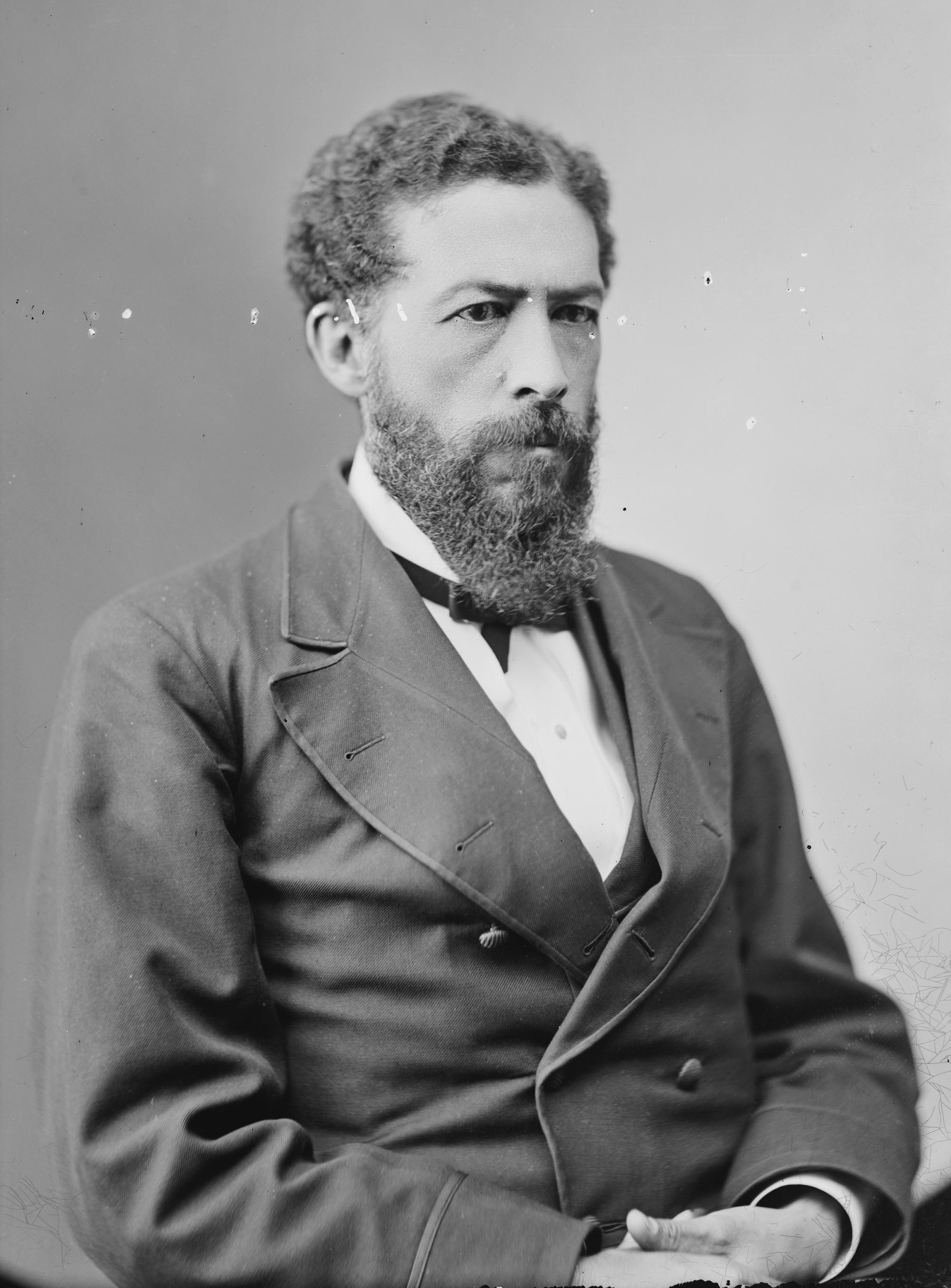Preference and prejudice: Does intermarriage erode negative ethno-racial attitudes between groups in Spain?Posted in Anthropology, Articles, Europe, Family/Parenting, Media Archive, Social Science on 2016-03-30 15:24Z by Steven |
Ethnicities
Published online before print 2016-03-28
DOI: 10.1177/1468796816638404
Dan Rodríguez-García, Associate Professor
Department of Social and Cultural Anthropology
Autonomous University of Barcelona, Barcelona, Spain
Miguel Solana-Solana
Department of Geography
Autonomous University of Barcelona, Barcelona, Spain
Miranda J. Lubbers, Ramón y Cajal Researcher
Department of Social and Cultural Anthropology
Autonomous University of Barcelona, Barcelona, Spain
This paper challenges the idea – rooted in classic assimilation theory – that intermarriage clearly erodes social and ethno-racial boundaries and negative attitudes between groups. Drawing on narratives from 58 immigrants of seven different origin countries residing in Catalonia, Spain, who are in romantic partnerships with Spanish-born people, we focus on preferences and prejudices related to mixing. We find that the members of exogamous couples both suffer social discrimination regarding the crossing of ethnocultural borders, particularly from their respective family members – a rejection that is based on negative stereotypes and preconceptions linked to the partner’s origin, phenotype or ethnocultural characteristics, such as religion, in intersection with gender. More significantly, we also find that ethno-racial prejudices (particularly when referring to marriage preferences for the respondents and their children) and discriminatory attitudes (towards one’s own and other immigrant minority groups) also exist among intermarried couples themselves. In sum, we question the role of mixed unions as a diluter of differences and an accelerator of integration.
Read or purchase the article here.

